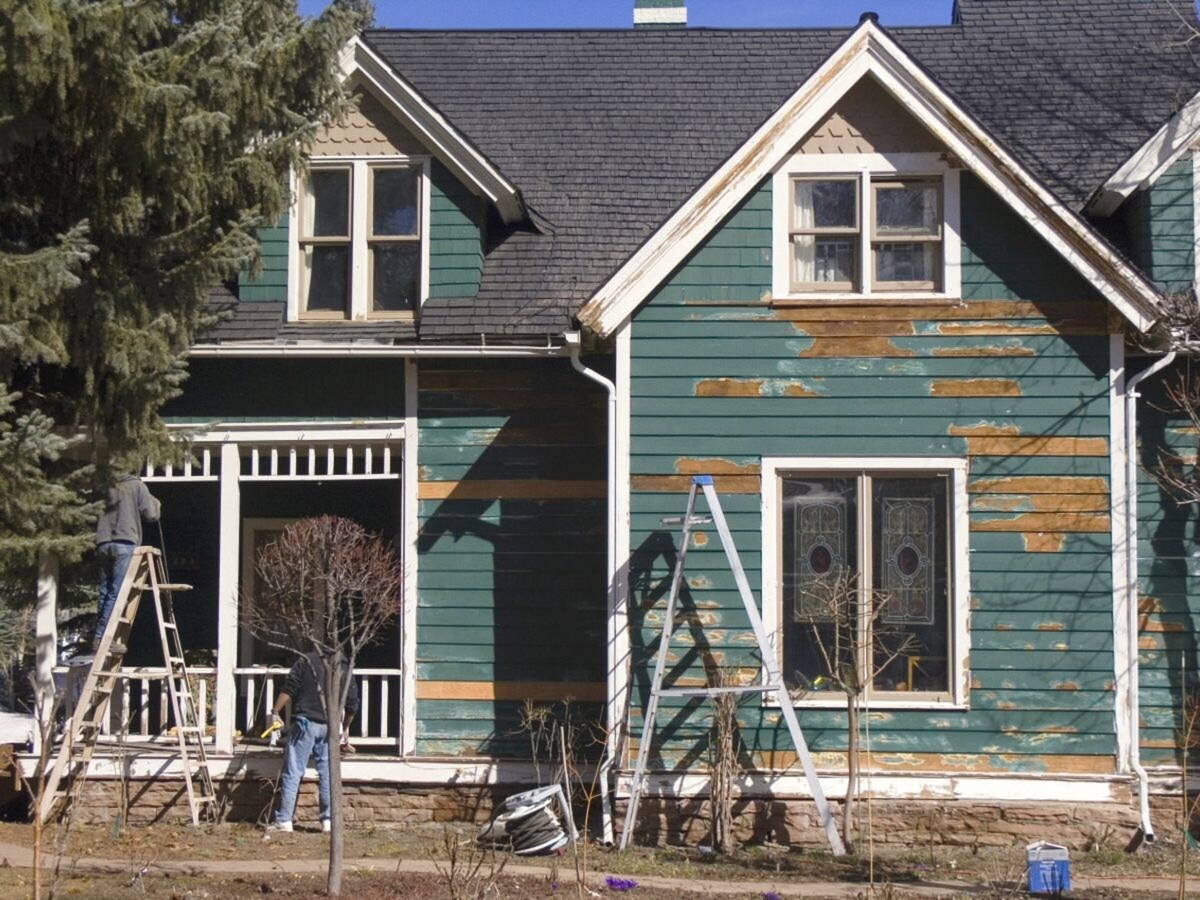New Jersey Launches Lead Removal Grant Program for Older Homes
Online Portal Opens for Landlords and Tenants to Address Lead Hazards
The New Jersey Department of Community Affairs (DCA) has officially opened the application portal for its Lead Remediation and Grant Program (LRAP), a vital initiative aimed at combating lead-based hazards in homes built before 1978. This move enables both landlords and tenants to seek online assistance for removing dangerous lead-based paint from their residences, marking a significant step in the state's ongoing efforts to safeguard public health.
In an unprecedented allocation within the FY2023 budget, $180 million has been dedicated to tackling the persistent threat of childhood lead poisoning. Lead exposure poses a severe risk, particularly to children, leading to potential lifelong health complications. Children are especially vulnerable to lead when they ingest lead-based paint chips or inhale dust contaminated with lead within their living environments.
Acting DCA Commissioner Jacquelyn A. Suárez highlighted the program's dual benefits, emphasizing not only the health improvements it aims to bring but also the capacity building it facilitates among certified community-based organizations in New Jersey. By offering employment, training, and seed capital, the LRAP program equips these organizations to serve as contractors in the crucial field of lead remediation and abatement.
To qualify for assistance, tenant households must meet specific criteria, including income eligibility at or below 80% of the area median income for their county, residence in a property built before 1978 with lead-based paint hazards, and occupancy in a property with no more than four residential units and free from structural issues.
The initiative comes in the wake of New Jersey's stringent law, P.L.2021, c.182, enacted in July 2022, mandating inspections for lead-based paint hazards in certain residential rental properties. With a deadline for inspections set for July 22, 2024, or upon tenant turnover, property owners are required to remediate identified hazards through abatement or lead-based paint hazard control measures.
Landlords seeking to leverage the LRAP for remediation efforts are advised to ensure that their tenants meet the program's eligibility criteria. Properties vacant at the application time must secure income-eligible tenants within 120 days post-remediation.
The program prioritizes projects in areas demonstrating the greatest need, identified by the prevalence of elevated blood lead levels in children under six. Approved applications will lead to assignments of certified contractors to conduct lead-safe repairs and energy efficiency improvements in affected units.
Beyond the immediate benefits of lead hazard reduction, LRAP funding extends support to non-profits, for-profit agencies, and municipalities aimed at aiding low- to moderate-income households. This comprehensive approach underscores New Jersey's commitment to both public health and local community development, ensuring safer living environments across the state.















